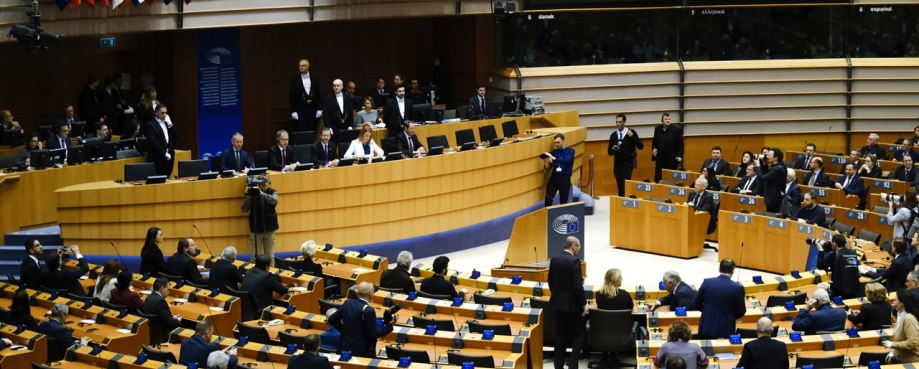
The Ethical Trading Initiative (ETI) is concerned that the European Parliament’s recent Committee on Legal Affairs (JURI) vote on the Omnibus I package, under the European Commission’s proposal, undermines the hard-won gains of the Corporate Sustainability Due Diligence Directive (CSDDD).
While it’s welcome that the compromise maintains a due diligence framework, it excludes most companies by limiting the rules to those with over 5,000 employees and €1.5 billion turnover. This change could reduce the number of companies in scope by up to 70%. It will penalise those businesses that have already invested in human rights and environmental due diligence, fail to level the playing-field, and undermine the long-term competitiveness and sustainability of European company supply chains.
Other setbacks include weakened safeguards on responsible disengagement and reduced requirements for meaningful dialogue between buyers and suppliers. In practice, this limits progress against some of the most important underlying issues in supply chains, including living wages, company purchasing practices and traceability.
Giles Bolton, Executive Director at ETI, said:
"Strong due diligence is essential to protect workers and enable companies to build resilient supply chains. Narrowing the scope and leaving gaps in accountability risks undermining progress by responsible businesses, civil society, and trade unions to date - and misses a huge opportunity to strengthen Europe’s supply chains as a whole. Europe must not retreat from its leadership on sustainability."
ETI stresses that a robust and enforceable due diligence framework is vital to protect workers, uphold human rights, and support responsible business conduct across global supply chains. We will continue to advocate for mandatory human rights and environmental due diligence (mHREDD) in line with our tripartite consulted position, which reflects the shared perspectives of trade unions, NGOs, and companies.
This position calls for legislation that ensures all enterprises conduct meaningful due diligence across their value chains, with affected workers, communities, and other rightsholders central to the process, and that enforcement mechanisms, transparency, and accountability are strong enough to drive systemic change in practice. We will continue to work with companies, trade unions, NGOs, and EU institutions to advocate for a framework aligned with the UN Guiding Principles and capable of delivering real-world impact.
